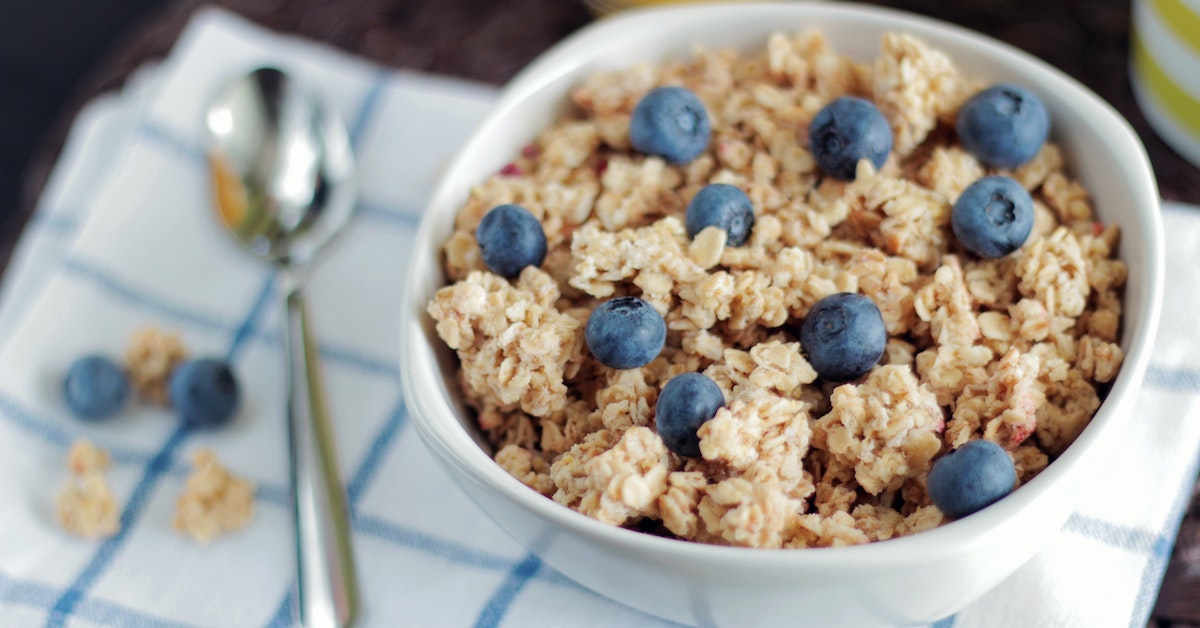Many of us enjoy sharing our Thanksgiving feast with our furry friends, but before you give your dog a plate of turkey, there are a few things you should know.
Turkey is safe for dogs to eat, but there are a few things you should keep in mind.
First, turkey skin is high in fat and can cause digestive problems for dogs. Second, turkey bones can splinter and cause choking or internal injuries. Finally, some dogs are allergic to turkey.
If you’re unsure whether your dog can eat turkey, it’s best to consult with your veterinarian.
In this article, we’ll give you some tips on how to safely share Thanksgiving with your dog.
Turkey Safety for Canines
There are many myths about what dogs can or cannot eat. First and foremost, most dogs are not vegetarians.
Many dogs are omnivores, meaning they can eat both meat and vegetation.
While dogs can eat turkey safely, they are highly prone to gastrointestinal problems from ingesting too much turkey.
Turkey is high in fat and can cause diarrhea in dogs. In fact, when it comes to rich foods, turkey is right at the top of the list.
That said, dogs can eat small amounts of turkey without issue. When feeding your dog turkey, there are a few things you should keep in mind.
First, avoid feeding your dog the skin of the turkey.
While it tastes delicious, the skin is high in fat and can cause digestive problems.
Additionally, avoid feeding your dog the bones. Not only are they sharp, but they can splinter and cause choking or internal injuries.
What are the Benefits of Turkey for Dogs?
Turkey is an excellent source of protein for dogs. In fact, it contains more protein than either beef or chicken.
Protein is essential for building muscle and maintaining a healthy body.
Turkey is also rich in iron, which is necessary for blood health.
Finally, turkey is also a good source of Vitamin B, which is essential for a healthy nervous system.
What are the Harms of Turkey for Dogs?
As we mentioned above, the most harmful aspect of turkey is the fat content.
Dogs do not have the same natural ability to metabolize fat that humans do. This can lead to digestive problems, including diarrhea and vomiting.
Another potential harm of feeding too much turkey is Vitamin A toxicity. While Vitamin A is beneficial in small amounts, too much Vitamin A can lead to liver damage.
How to Prepare Turkey for Dogs
When preparing turkey for your dog, there are a few things to keep in mind.
First, avoid the skin and bones.
Second, cut the meat into small chunks.
Finally, cook the meat thoroughly to kill any harmful bacteria.
When it comes to cooking, use a low-heat setting to avoid burning the meat.
You can also use a slow cooker to cook the meat all day.
Finally, when the meat is ready, cool it down before feeding it to your dog.
What to Avoid When Feeding Dogs Turkey
As we mentioned above, avoid feeding your dog the skin of the turkey. This can cause digestive problems.
Avoid feeding your dog large amounts of turkey as it can lead to excessive fat and Vitamin A toxicity.
Additionally, avoid feeding your dog any seasoning or sauce that comes with the turkey.
These extras can lead to digestive issues, as well.
Finally, avoid giving your dog gravy or cranberry sauce with the turkey. These foods contain high amounts of sugar, which can lead to health issues.
Signs of an Allergic Reaction in Dogs
If your dog is allergic to turkey, he could experience itching or hives, vomiting, diarrhea, or even anaphylaxis.
If your dog exhibits any of these symptoms, seek immediate veterinary attention.
Thanksgiving Safety Tips for Dogs
Don’t let your dog roam free during the feast.
There are a few dangers that can put your dog in serious danger.
One danger is the temptation to eat table scraps.
While it’s tempting to feed your dog a few table scraps, these foods are high in sugar and fat.
Another danger is being hit by a car.
Even if you’re careful while driving, there are still dangers like dogs crossing the road without looking.
Stay with your dog during the feast to keep him out of trouble.
If you’re going to be gone for long periods of time, consider hiring a dog walker to stay with your dog while you’re away.
Can Different Dog Breeds Eat Turkey with Different Amounts?
All dogs can eat turkey, but it may have different effects on different dog breeds.
Smaller dogs, for example, may need to avoid eating excessive amounts of turkey as it can lead to weight gain.
Additionally, low-energy breeds like Bulldogs may not need the same amount of protein that other breeds need.
Similarly, senior dogs may need to avoid excessive amounts of turkey due to the high fat content.
What Else Can Dogs Eat Together with Turkey?
In addition to feeding your dog turkey, you can also feed him some vegetables like carrots and broccoli.
These vegetables are rich in vitamins and minerals that your dog will need to stay healthy.
Additionally, you can feed your dog a grain like rice. Rice is a carb, but it’s low in fat and high in fiber.
Combined with some vegetables and turkey, your dog will have a balanced diet that will keep him healthy.
Conclusion
When it comes to sharing a Thanksgiving feast with your dog, you can’t go wrong with turkey.
It’s an excellent source of protein and can provide a well-balanced diet for your dog.
With a few precautions, you can safely feed your dog turkey.






